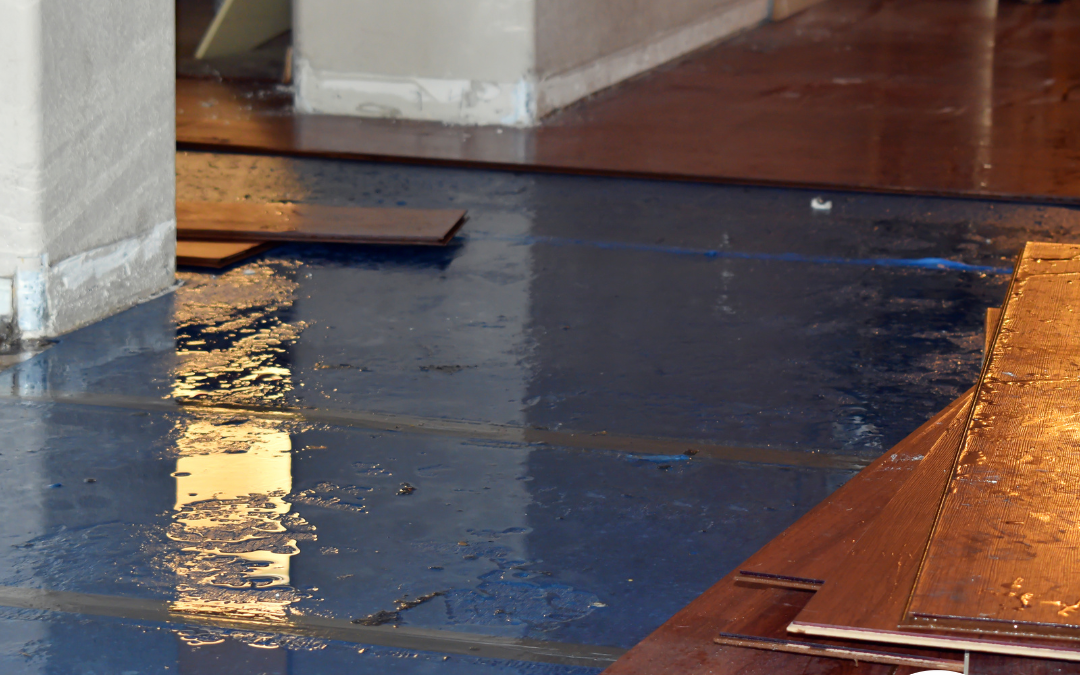Floods can be a devastating event for homeowners, causing thousands of dollars in damages and creating an enormous amount of stress. Unfortunately, floods are often unpredictable and can occur without warning. Fortunately, there are steps you can take to protect your home from potential flood damage.
From elevating your home to installing sump pumps and backflow valves, there is much you can do to help safeguard your property. Let’s discuss the various ways that you can protect your home from flooding and water damage so that you don’t have to worry about the potential consequences of such an event.
Understanding the Causes of Water Damage
While some floods may result from storms or heavy rains, there are other causes of flooding that homeowners need to be aware of to protect their homes from potential flood damage. Floods can be caused by:
- Sewer and septic tank back-ups
- Groundwater seepage
- Poorly maintained drainage ditches or canals
- Overflowing rivers and streams
- Broken water main lines
- Inadequate slope in landscaping around the home
- Clogged rain gutters and downspouts
- Improper grading of the property
- Frozen pipes bursting
Strategies for Protecting Your Home from Unexpected Floods and Water Damage
There are several steps you can take, however, to prepare your home in the event of an unforeseen flood event. Even if you live in an area that isn’t prone to floods, it’s still wise to be prepared.
Some steps you can take to prepare your property:
- Elevating your home is one of the most effective ways to protect it from flood damage by raising it above the predicted flood levels for your region. This can be done by either raising the entire house on stilts or pilings or using jacks and hydraulic systems to raise individual sections of the house.
- Installing sump pumps and backflow valves is another effective strategy for protecting your home from flooding. A sump pump is a submersible device that pumps out water from the basement or crawl space, while a backflow valve prevents water from backing up into the house.
- Maintaining drainage ditches or canals properly is also very important. If you live near a body of water, it’s essential to keep the ditches or canals clear of debris and weeds so that they can effectively transport excess water away from your home.
- Checking rain gutters and downspouts regularly is also essential in order to ensure that water can be directed away from the house rather than pooling around the foundation.
- During winter, broken or frozen pipes can lead to large amounts of water being released that are difficult to contain and may cause substantial damage. Homeowners should regularly check all of their plumbing systems, both inside and outside the house, for any signs of leaking or damage.
- Finally, it’s a good idea to build up the landscaping around your home so that it slopes away from the foundation. This helps keep water from collecting and pooling around your home and can reduce the risk of flooding.
About Insurance Coverage During a Water Damage Event
Additionally, it is important for homeowners to understand their insurance coverage in case of an unexpected flood event. Most home insurance policies do not cover flooding. Homeowners should consider purchasing additional flood protection coverage to protect their property and belongings from potential damage.
Resources and Advice on Flood Damage Remediation
Water damage can wreak havoc not just on the structure of your property but also on the possessions inside. The importance of water damage restoration cannot be overstated, as moisture can warp wood, ruin carpeting, cause linoleum to buckle and lift, and create a breeding ground for mold and other pathogens in damp areas. Immediate water removal and restoration are crucial in preventing the need for assistance from a professional mold remediation company in the future.
It’s a good idea to be aware of the resources available to homeowners in the event of a flood, either storm or non-storm related. It’s a good idea to contact your insurance agent at the first onset of any flood damage and work closely with your insurance advisor and his/her recommendations to help minimize your losses while your claim is being handled.
It’s critical to take proactive steps in order to protect your home from unexpected floods. Taking these precautions now may save you from costly repairs later on.
Contact First Beaches Insurance for any questions regarding flood insurance.

